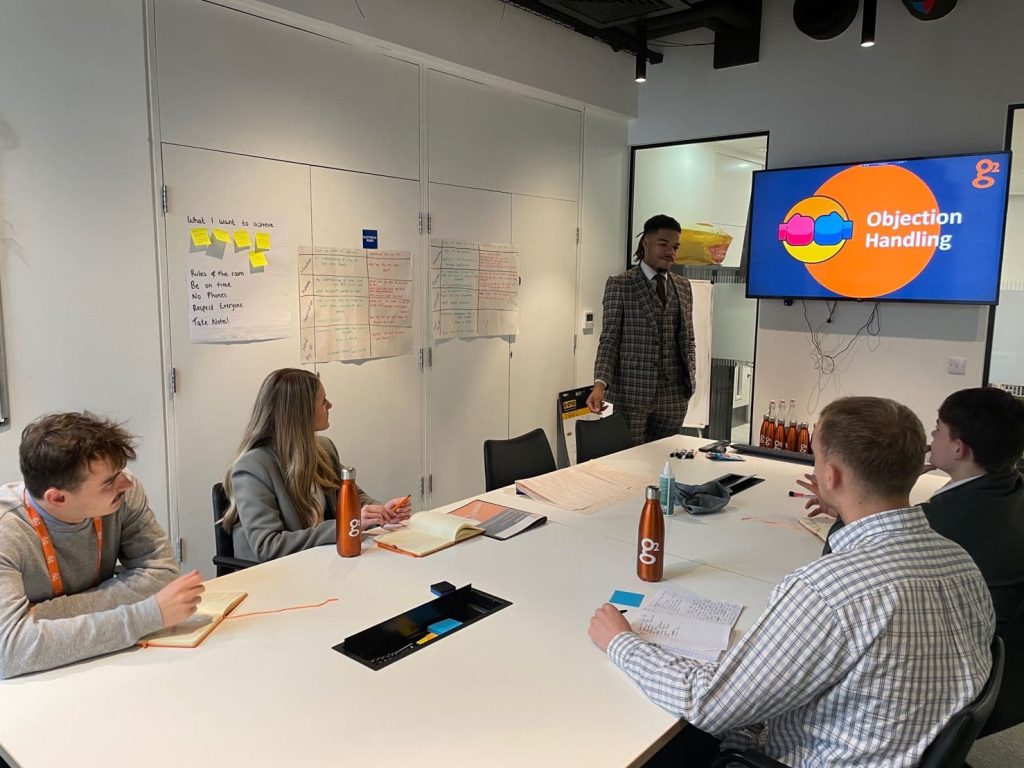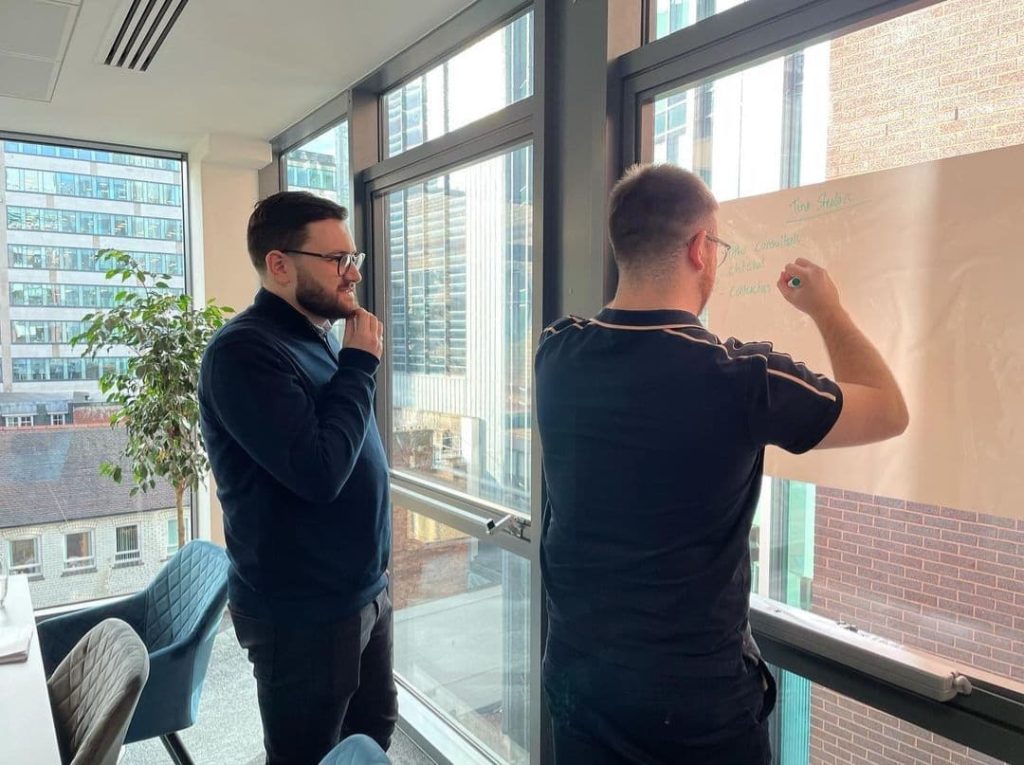A mere decade ago, the term Industry 4.0 was unknown to most- a fragmented idea not even Google had an in-depth description for.
In 2023, the term spearheads innovation in the engineering and technology sectors and is used to describe the next phase of digitalisation in manufacturing; reinventing how businesses design, manufacture and distribute their products.
Disruptive trends have resulted in a shift in desired skill sets and have ignited a demand for workers adept in advanced technologies. These trends include the rise of data and connectivity, analytics, human-machine interaction, and improvement in robotics, symbiotically combining people and technology.
With these pioneering technologies transforming job requirements, businesses are tasked with ensuring their employees are either reskilled or upskilled, to run parallel to the advancements of their sectors. Geographically, the outlook on reskilling differs:
‘In Europe, 94% of surveyed executives believe that the balance between hiring and reskilling should be equal or tip towards reskilling, compared with only 62% of U.S respondents.‘
– McKinsey and Company, August 2022
Shifting skill sets in the workforce –
When adapting to the changes Industry 4.0 drives, a future-ready workforce is a must.
With advancements in technology being heavily integrated into everyday processes, it is estimated that ‘five years from now, over two-thirds of skills considered important in today’s job requirements will change. A third of the essential skills in 2025 will consist of technology competencies not yet regarded as crucial to today’s job requirements.’ – National Library of Medicine, PMCID: PMC9278314.
Upskilling and reskilling employees will generate different challenges – the demand for different skill sets generates a need for employee investment through introducing them to new skills to enhance their performance (upskilling) or by training employees to adapt to new positions within the company (reskilling).
Expected changes quantified below –
- Demand for basic literacy and numeracy skills will decline by almost 20%
- Demand for technological skills such as coding will rise by more than 50%
- Demand for complex cognitive skills will rise by about 33%
- Demand for high-level social and emotional skills will rise by more than 30%
– McKinsey & Company, August 2022
The vast pace of the digital revolution will result in a shortfall of professionals, meaning certain roles that call for specialised skills will be difficult to fill. Companies need to adapt their hiring processes to ensure they do not fall behind when hiring the necessary workforce. Recruitment specialists such as g2 Recruitment can help source this niche talent. Through using an innovative approach to tackle a modern problem – data-driven recruitment methods allow consultant to make objective hiring decisions.
Overcoming hiring challenges Industry 4.0 creates –
The inevitable skill gap created by Industry 4.0 will undoubtedly generate hiring issues.
Recruitment specialists should address this issue proactively, ensuring they are market experts, with a deep understanding of client’s requirements.
With over 15 years of engineering and technology expertise, accompanied by a diverse database of high-quality candidates, g2 Recruitment are perfectly positioned to support any companies going through the Industry 4.0 transition.
‘The automation of processes to increase efficiency using things like big data-analytics is becoming industry standard. Knowing where to begin can naturally be quite daunting, especially to traditional engineering, manufacturing, or industrial firms. Working with g2 Recruitment will be the key to drive progress within your business, simplifying your hiring processes and ensuring that you find the best people available to match your business needs.’
-Steffan Howells, BD Manager, g2 Recruitment
G2 Recruitment provide specialist consultants to help with the above; visit our Engineering and Technology page to find out more.






